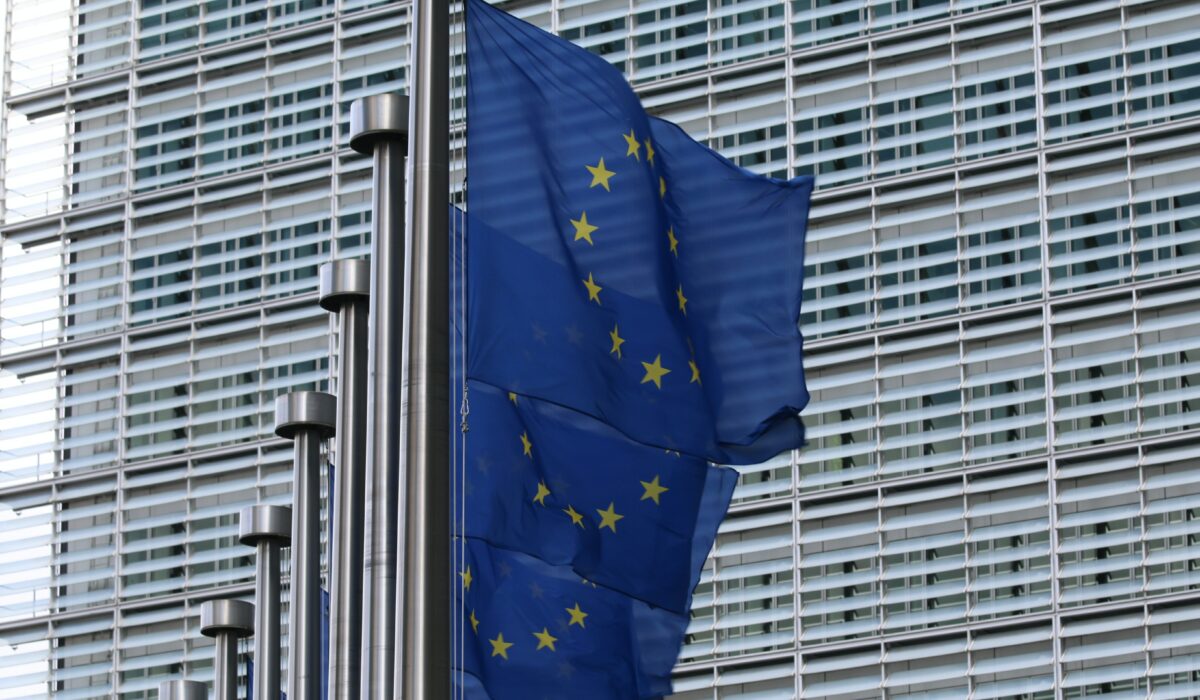The current proposal aims to add precision, legal certainty and effectiveness to the existing EU’s legal framework on environmental crime. The Commission took notice of the Council’s evaluation that found that the 2008 Directive did not meet its objectives and became unfit to address current challenges associated with fighting environmental crime in the EU. Subsequently, we provided input during the public consultation organised by the Commission recommending that the Directive could be improved by enhancing cross-border cooperation, clarifying terms used to describe offences to be criminalised and ramping up the collection, sharing and reporting of statistical data on environmental crime.
While we commend the Commission for expanding the scope of the directive, offering instruments for increasing the effectiveness of environmental law enforcement and advancing clearer pathways for cooperation within and outside the EU, we think that there still are important shortcomings which, if left unaddressed, could potentially impact the Directive’s effectiveness.
Some definitions remain unclear.
Although the Commission recognises that more precise definitions of environmental crime are needed and strives to provide specific and clear descriptions of criminal offences, many terms remain vague. ART 3, which deals with Offences, for example, does not consider an offence the killing or trading (among others) of wild species of flora and fauna if the conduct concerns a ‘negligible quantity of such specimens’[(l), (m)]. Similarly, placing illegally harvested timber or timber products will not constitute an offence if the quantity is ‘negligible’ [(n)]. Or, in (o) only ‘significant deterioration’ of habitats will be prosecuted as environmental crimes. Considering that the status of conservation of many species of flora and fauna or habitats altogether is unknown in the EU, and that this uncertain scientific knowledge can function as a driver of illegal wildlife trafficking, we think that the Commission should avoid unclear terms (such as ‘negligible quantity’) and formulate more specific formulations.
Environmental defenders are more than whistle-blowers.
The proposal recognises the role of environmental defenders, and the public in monitoring and reporting cases of environmental crime and it recommends that these actors be present in the proceedings linked to prosecution. However, the Commission fails to recognise that environmental defenders are more than just whistle-blowers; they are also involved in data and evidence collection, and often drive active investigations into environmental crimes. Yet, due to lacking training, equipment, and human and financial resources, they are ill-equipped to do so safely. Instead of commending them for their important role in investigating environmental crimes and offering increased protection, the Commission should step up efforts that support Member States in the development of appropriate enforcement and prosecution capacities, easing the burden that is often carried by civil society organisations.
Data collection and reporting should include procedures and sources to assess effectiveness of the Directive beyond legal compliance.
In the current proposal compliance assessment disproportionately focuses on the processes of transposition and legal compliance with the Directive in the Member States. However, legal compliance does not necessarily translate into practical effectiveness. To assess the implications of the Directive on the ground, a more comprehensive approach to evaluating the Directive needs to be developed, drawing on a large body of data sources (citizen and activist science, anonymous reporting, crowd-sourcing, etc).
The role of the EU in wildlife trafficking should be reconsidered.
The current proposal mentions the multiple partnerships between various EU institutions and international organisations to address environmental crimes such as wildlife trafficking. Nevertheless, the wording suggests that wildlife crime is a problem that happens ‘out there’, and the EU is at most a transit area for illegal trafficking. The European Union is not only a hub of transit for international trafficking but also a destination market and an important source region for numerous species of migratory birds, brown bears, eels and many others. More emphasis should be put on the EU’s role in illegal wildlife trade (IWT) as a source region and destination market. This shortcoming could be a result of a disproportionate focus on organised crime; yet, wildlife trafficking is also carried out by legal entities such as leisure and entertainment companies, sport hunting businesses and food retailers. This branch of IWT is thought to fall under the category of green-collar crime, i.e. the type of environmental crimes committed by legally registered companies who are involved in illegal activities or use their infrastructure to facilitate illicit trade. This trade develops in contexts of existing legal loopholes, poor collection and reporting of statistical data on environmental offences and deficient cross-border cooperation of national authorities – all identified by the Commission as critical issues to be addressed by the current proposal.
The Directive’s bold objectives cannot be met without a significant allocation of resources.
Without the allocation of additional resources to national authorities, it is highly probable that environmental crimes will not be prioritized. The Commission mandates Member States to dedicate significant financial and human resources to implement the Directive and achieve its main objectives (i.e. the improvement of effective cooperation and coordination; the improvement of statistical data collection and reporting; and, finally, the improvement of the enforcement chain’s operation). At the same time, the proposal appreciates that the budgetary implications for the Commission will be ‘negligible’. Considering that most Member States have given at best little priority to prosecuting environmental crimes to date, and that this lack of prioritisation has been identified as one of the most significant shortcomings of the 2008 Directive, we consider the shift of the financial burden towards the Member States to be a fundamental issue undermining the Directive’s effectiveness.
This commentary has been partly featured in an article published by Bloomberg Law: Environment & Energy on 15 December.
